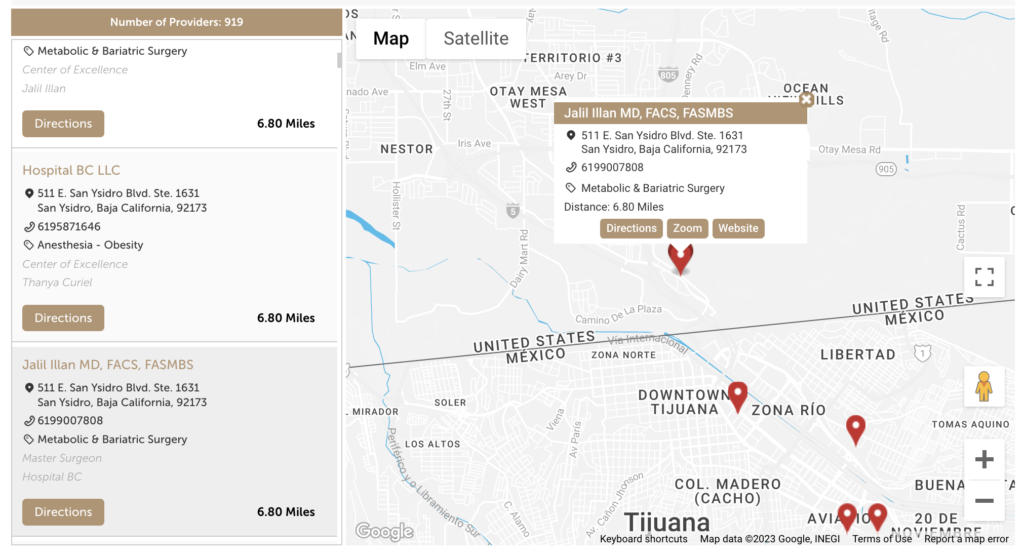Dumping syndrome is a problem that can occur after certain bariatric surgeries in Mexico. While it is typically associated with gastric bypass, it can also occur after gastric sleeve surgery. As such, it’s important to understand what the symptoms are and how the syndrome is managed. This blog post will discuss dumping syndrome in detail so you can head into your gastric sleeve surgery fully prepared for the possibilities.
What Is Dumping Syndrome After Gastric Sleeve?
Dumping syndrome is a condition caused by gastric surgery, such as a gastric sleeve. It occurs when food moves too quickly from the stomach into the small intestine resulting in an imbalance of fluids and electrolytes that can lead to nausea, vomiting, diarrhea, or weakness. In some cases, dumping syndrome may also cause abdominal pain and heart palpitations.
What Causes Dumping Syndrome?
Dumping syndrome is typically caused by a decrease in the number of cells that secrete digestive juices and enzymes, leading to an increase of undigested food passing through the small intestine quickly. As such, it’s most common after gastric bypass surgery where food moves too rapidly from the stomach into the small intestine. However, dumping syndrome can also happen after sleeve gastrectomy.
Symptoms of Dumping Syndrome
Dumping syndrome has a wide range of symptoms and signs, including: dizziness, fainting, weakness, sweating, nausea, vomiting (usually 30 minutes to an hour after eating), cramping abdominal pain in the upper abdomen or along the ribs on the right side (may be severe enough to mimic a heart attack), diarrhea, sometimes with visible blood, and fatigue. In severe cases, it can cause cardiac and metabolic side effects that are so severe, the syndrome becomes life-threatening. As such, any time you experience dumping syndrome, you should consider seeking medical attention.
How Is Dumping Syndrome Managed?
There are multiple ways dumping syndrome can be managed. A variety of medications have been used to control dumping syndrome and reduce its frequency, including: prochlorperazine (Compazine), metoclopramide (Reglan), octreotide acetate, and somatostatin. These drugs help slow stomach emptying so that food can be digested more efficiently before passing into the small intestine, which counteracts the primary mechanism of dumping syndrome.
However, you also need to do your part. Eat smaller, healthier, nutritionally balanced meals, separate eating and drinking, and take note of trigger foods and avoid them. For more information on dumping syndrome after gastric sleeve surgery in Tijuana, contact Dr. Jalil.
Curious about diet after surgery? Read: Is Intermittent Fasting Safe After Bariatric Surgery?







